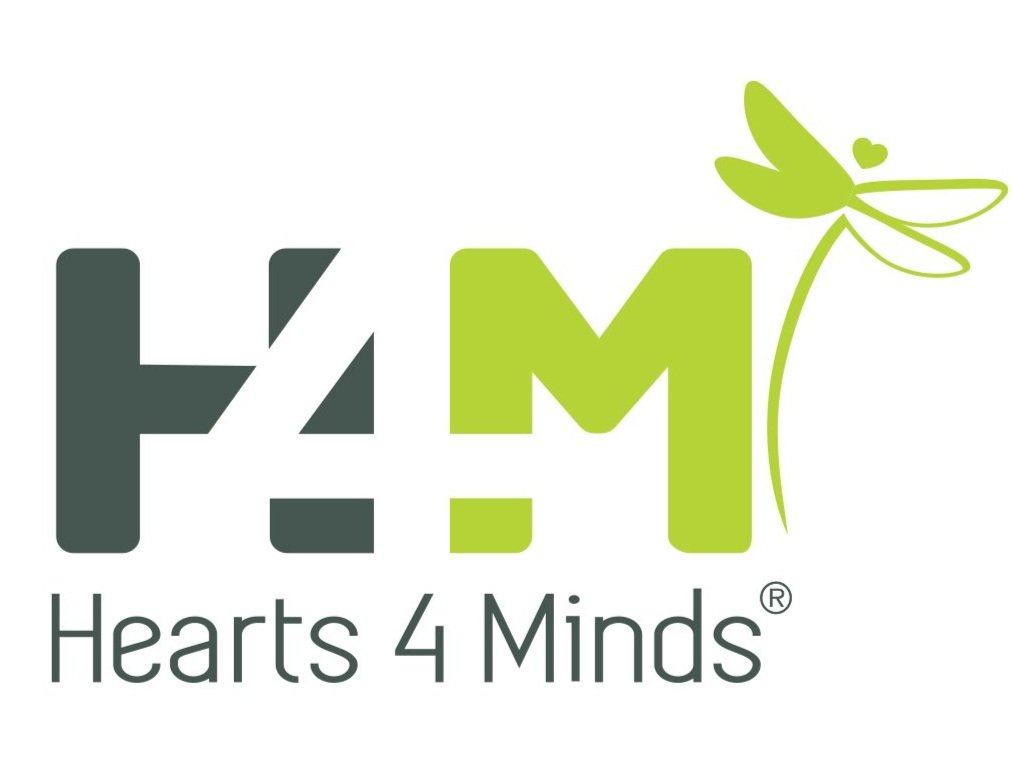Mood Disorders
WHAT ARE MOOD DISORDERS?
Mood disorders often involve fluctuating persistent feelings of sadness or happiness. These changes can happen quickly and without notice. The most common mood disorders are depression, bipolar disorder, and cyclothymic disorder.
10% of Adults in Any Given Year Will Experience a Mood Disorder
TYPES OF MOOD DISORDERS
-
Feeling sad or depressed from time to time is normal, but when those feelings become too intense, last many days to weeks, or keep you from living your life, it may be a sign of something more serious. You could have the treatable condition of clinical depression. Depression is the second most common mental disorder affecting 7% of all mental illnesses in the United States.
-
Someone with bipolar disorder has extreme mood swings from depression to mania, sometimes it is still called a manic depressive disorder. This is a serious condition that leads to risky behavior and even suicidal tendencies. Bipolar disorder can be treated with medication and therapy.
-
Cyclothymia causes emotional ups and downs, but they are often not as severe as bipolar disorder. Though the highs and lows of cyclothymia are less extreme than those of bipolar disorder, it’s critical to seek help managing these symptoms because they can interfere with your ability to function and increase your risk of occurrence.
WHAT TREATMENTS ARE AVAILABLE?
ANTIDEPRESSANTS
There are many different types of antidepressants in the market. Their effectiveness greatly depends on the individual. It is important to take them as prescribed by your doctor and continue taking them even if you feel better. Antidepressants can take 4 to 6 weeks to reach effectiveness.
MOOD STABILIZERS
Mood stabilizers help regulate mood swings that can occur with bipolar disorder or other mood disorders. They can minimize abnormal brain activity. They may also be prescribed along with antidepressants in some cases.
ANTIPSYCHOTICS
Bipolar disorder can cause mania and mixed episodes in people and can be treated with antipsychotic drugs. These drugs can also be used to treat depression when depression medications are not effective by themselves.
PSYCHOTHERAPY – TALK THERAPY
People that suffer from depression and other mood disorders can turn to psychotherapy and additional forms of counseling for treatment. Some of these therapies include:
CBT – Cognitive-behavioral therapy
Interpersonal therapy
Problem-solving therapy
BRAIN STIMULATION THERAPY
Brain stimulation therapies are thought to work by causing changes in the chemicals in the brain that are known to be associated with symptoms of depression and bipolar disorders. One type of brain stimulation therapy is called Electroconvulsive therapy (ECT). It is used when other types of treatment have proved to be ineffective.
HOW DO I GET HELP?
BECOME AN EXPERT
Learn about medication and treatment options. Keep up with current research. Build a personal library of useful websites and helpful books.
KNOW YOUR TRIGGERS AND STRESSORS
If large groups make you nervous, plan to see the Sunday matinee. If taking a walk outdoors reduces your anxiety before a big meeting, schedule a 10-minute walk before the meeting starts. Being mindful of triggers and stressors will help you live your life with fewer limitations.
PARTNER WITH YOUR HEALTH CARE PROVIDERS
Actively participate in your treatment by working with mental health care professionals to develop a plan that works for you. Talk with them about your goals, decide on a recovery pace you’re comfortable with, and stick to your plan. Don’t quit when something doesn’t go well. Instead, talk to your doctor or therapist about possible changes.
GET HEALTHY
Studies have reported that 30 minutes of vigorous, aerobic exercise can eliminate symptoms, while low-key activities like meditation, yoga or Tai Chi relieve stress. Regular exercise can reduce many symptoms. Diet is also an important factor, so try to eat healthy, balanced meals and pay attention to food sensitivities. In some people, certain foods or additives can cause unpleasant physical reactions, which may lead to irritability or anxiety.
AVOID DRUGS AND ALCOHOL
These substances may seem to help with anxiety at first but can disrupt emotional balance, sleep cycles, and interact with medications. Coffee, energy drinks, and cigarettes worsen anxiety.
